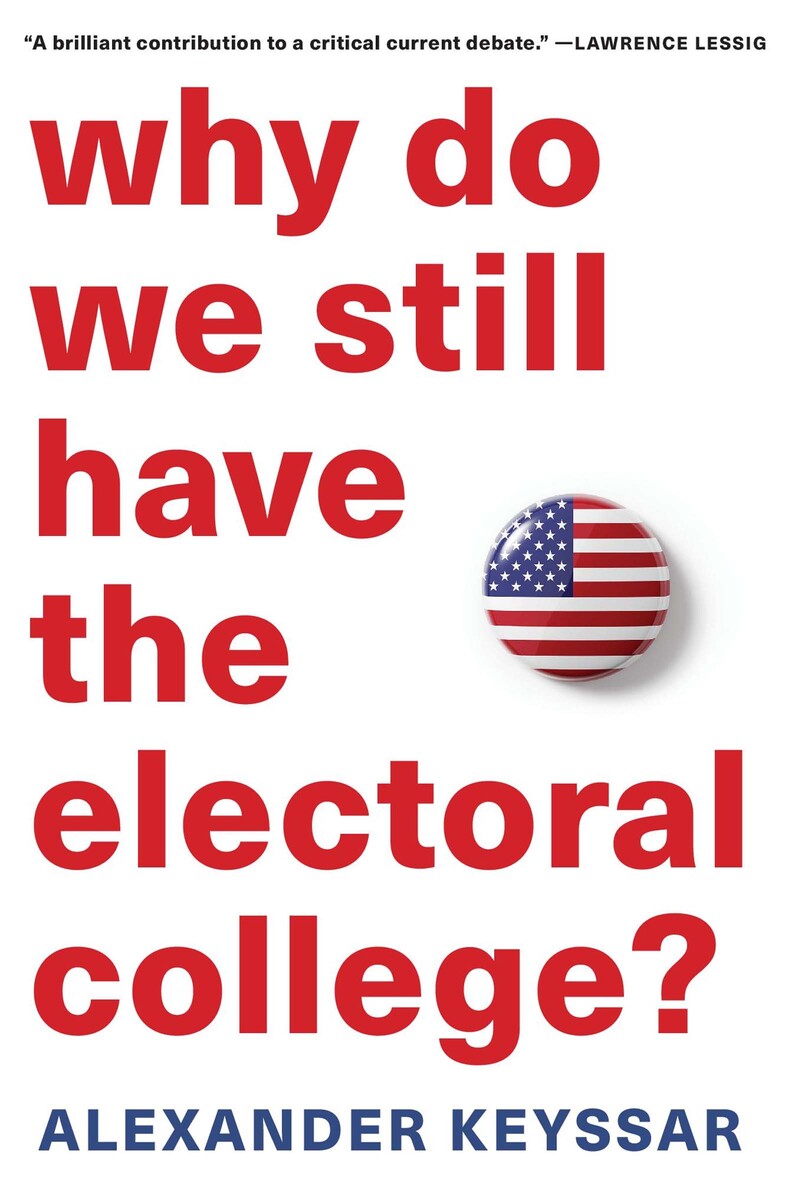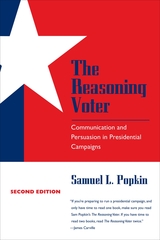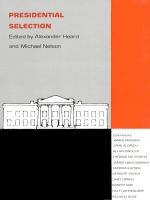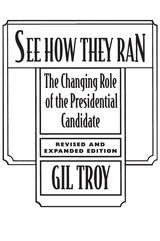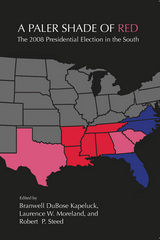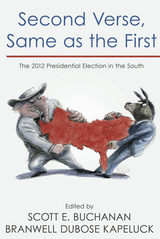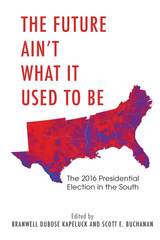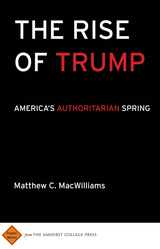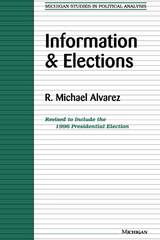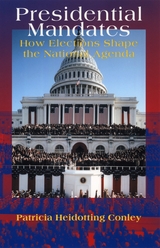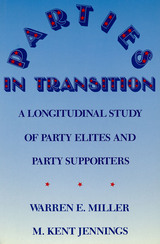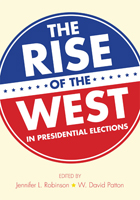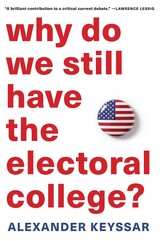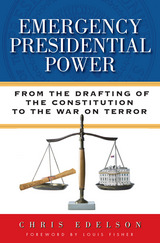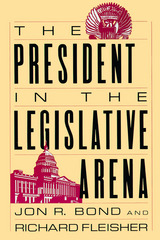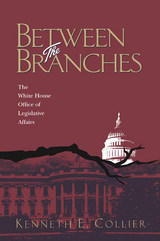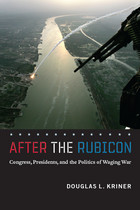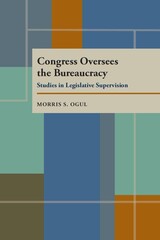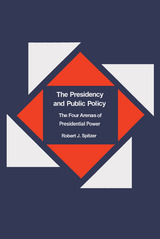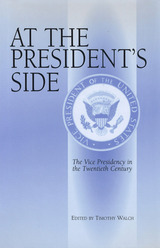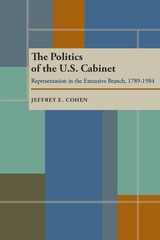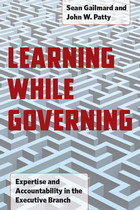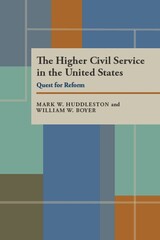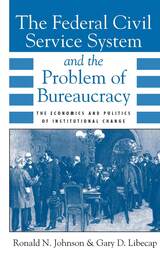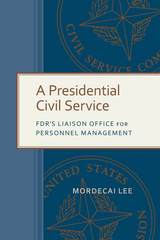Comprehensive and full of historical insight. Even specialists in political and constitutional history will encounter surprises…As another presidential election looms, [it] deserve[s] a wide readership.
-- Eric Foner London Review of Books
America’s greatest historian of democracy now offers an extraordinary history of the most bizarre aspect of our representative democracy—the electoral college. In a clear and complete account of this anomaly’s origins and how it has survived, we can see the outlines for how it might be replaced, or at least improved upon. This is a brilliant contribution to a critical current debate, just in time to help guide effective reform.
-- Lawrence Lessig, author of They Don’t Represent Us
Monumental…fills in the blind-spot we did not know we had…It is hard to imagine another work significantly improving on this study of the recurrent controversies over the design of the Electoral College…Provides bracing accounts of how far partisans were once willing to go to manipulate the features of the presidential election system to advance their cause.
-- Keith E. Whittington New Rambler
One of the chief virtues of Alexander Keyssar’s remarkable new book Why Do We Still Have the Electoral College? is that it conclusively demonstrates the absurdity of preserving an institution that has been so contentious throughout U.S. history and has not infrequently produced results that defied the popular will…A scholarly masterpiece…Keyssar has crafted an absorbing, if dispiriting, narrative about the durable obstacles to structural change in the United States.
-- Michael Kazin The Nation
Rigorous and highly readable…shows how the electoral college has endured despite being reviled by statesmen from James Madison, Thomas Jefferson, and Andrew Jackson to Edward Kennedy, Bob Dole, and Gerald Ford.
-- Lawrence Douglas Times Literary Supplement
Keyssar, our great narrator of the American right to vote, is a national treasure who keeps giving us the history we need right when we need it. In this thrilling achievement, he tells the history of the Electoral College—how it has repeatedly eroded democratic values and how we might come to replace it in the twenty-first century. This is a dazzling contribution not just to American history but to the American future.
-- Congressman Jamie Raskin (Maryland)
A brilliant history, analysis, and critique of one of the most undemocratic elements of our supposed democracy—and another anti-democratic device whose roots were partly racist.
-- Robert Kuttner American Prospect
Perfectly timed…Keyssar tells a riveting and winding tale about attempts to reform the Electoral College and replace it with either a national popular vote or a distribution of electors in proportion to the state’s popular vote…His confrontation with racism in the U.S. as it relates to electoral reform—a topic that isn’t often viewed through this lens—is one of the strengths that make this book well worth the read.
-- Kyle Scott LSE Review of Books
Sets out to explain the persistence of a technique that in public opinion polls has never accumulated support from a majority of Americans…[Keyssar’s] telling, artfully balancing broad themes and specific anecdotes, is both readable and valuable; knowing how we got here is a useful prerequisite to charting how to get where we want to be.
-- Daniel B. Moskowitz Washington Times
This is a powerful work twice over. Its contributions to the debate over the Electoral College’s effects on our politics are profound. No less important, though, are the fascinating accounts of the changing rules governing presidential elections since the nation’s founding, a turbulent and largely unknown history. Keyssar’s lucid scholarship does justice to the past while it forcefully informs the present.
-- Sean Wilentz, author of No Property in Man
Slavery and the origins of the Electoral College, the electors who actually determine who will be president, are intricately bound…Keyssar recreates the debates at the Constitutional Convention that birthed the body that centuries later gave Trump the presidency in 2016, though he lost the popular vote. Convention participants were torn between the practical challenges of holding a national election and the political balancing act between the needs of states small and large, free and slave.
-- Susan Smith Richardson, Center for Public Integrity
[A] remarkable book.
-- Ariel Dorfman The Nation
[A] comprehensive new history of the Electoral College.
-- New York Times
To fully explain how difficult the Electoral College is to dislodge, Keyssar chronicles more than two centuries of near-constant disputation and battle.
-- Lee Drutman Washington Monthly
A masterpiece. Keyssar shows us that America’s Electoral College has ever drifted on turbulent waters, surviving various near-misses at reform both local and national. He leaves readers with the humbling reminder that popular sovereignty can ossify the rules of election, even as he lays bare the political vulnerabilities of the Electoral College and the real possibilities for change.
-- Daniel Carpenter, author of Reputation and Power
Keyssar asks a simple question that seems to have an equally simple answer—the small states would never allow it, so why even think about it? Being the careful historian he is, he offers a complex analysis proving that our presidential election system has long been controversial; that serious efforts, now forgotten, were made to alter it; and that the case for its amendment remains as compelling, but also challenging, as ever. At this critical moment in our history, he brilliantly engages one of the most vexing problems in our working Constitution.
-- Jack N. Rakove, author of The Annotated U.S. Constitution and Declaration of Independence
Our foremost historian of voting and elections explains the frustrating experiences the nation has had in attempting to eliminate—or even amend—the antiquated Electoral College. While the procedures of self-government should be rational, or at least ones Americans want, they are anything but, and Keyssar provides a nuanced and eventful narrative as to why. The result is a much-needed book that fills a gap in our national self-understanding, which surely is the first step to making any progress in rectifying the situation.
-- Edward B. Foley, author of Presidential Elections and Majority Rule
To thoroughly understand the Electoral College, but also the nature of institutional reform in general and American Constitutional reform in particular, one could hardly do better.
-- Adam Gurri Liberal Currents
A detailed history of the electoral college and the attempts to change it…Enlivened by fascinating episodes in U.S. political history.
-- Varun Ghosh Australian Book Review
A rigorous historian of the institution.
-- Steve Coll New Yorker
Pathbreaking historical analysis.
-- Sandy Levinson Balkinization
Excellent.
-- Justin Fox Bloomberg
I would definitely recommend it to anyone who wanted to properly understand the Electoral College…It’s designed to inform the debate in the US over whether or not it should be reformed, and if so, how that could be achieved…Not only a masterful narrative history, but a powerful political intervention…Deeply rewarding.
-- Daniel Sutton Oxonian Review
[A] definitive study.
-- Chris Maisano Jacobin
Will surely remain one of the most detailed and scholarly investigations into these serial attempts at reform, while also offering a thoughtful analysis of the many different reasons for their failure.
-- Tom Mertes New Left Review
The most thorough study of our Electoral College debates ever written…A magnum opus with many contributions to political understanding.
-- Christopher DeMuth Claremont Review of Books
Provides perhaps the most exhaustive treatment of the oft-maligned body. Despite nearly a thousand attempts to reform or abolish it, the Electoral College has persisted. Keyssar sets out to help readers understand why this is the case. In rich detail, he illustrates how the complex nature of the Electoral College and the difficulties presented by the constitutional amendment process largely explain its resilience…A must read for anyone interested in understanding the Electoral College and its history.
-- Choice
Without question this is the best book ever written on the electoral college. It destroys any pretense to the wisdom of the framers in crafting the institution, and it points to a history of repeated problems with it…Anyone who cares about American politics, democracy, or the Constitution needs to read Why Do We Still Have the Electoral College? It opens up our eyes to how we think about our political process and to whose benefit it serves.
-- David Schultz New York Journal of Books
